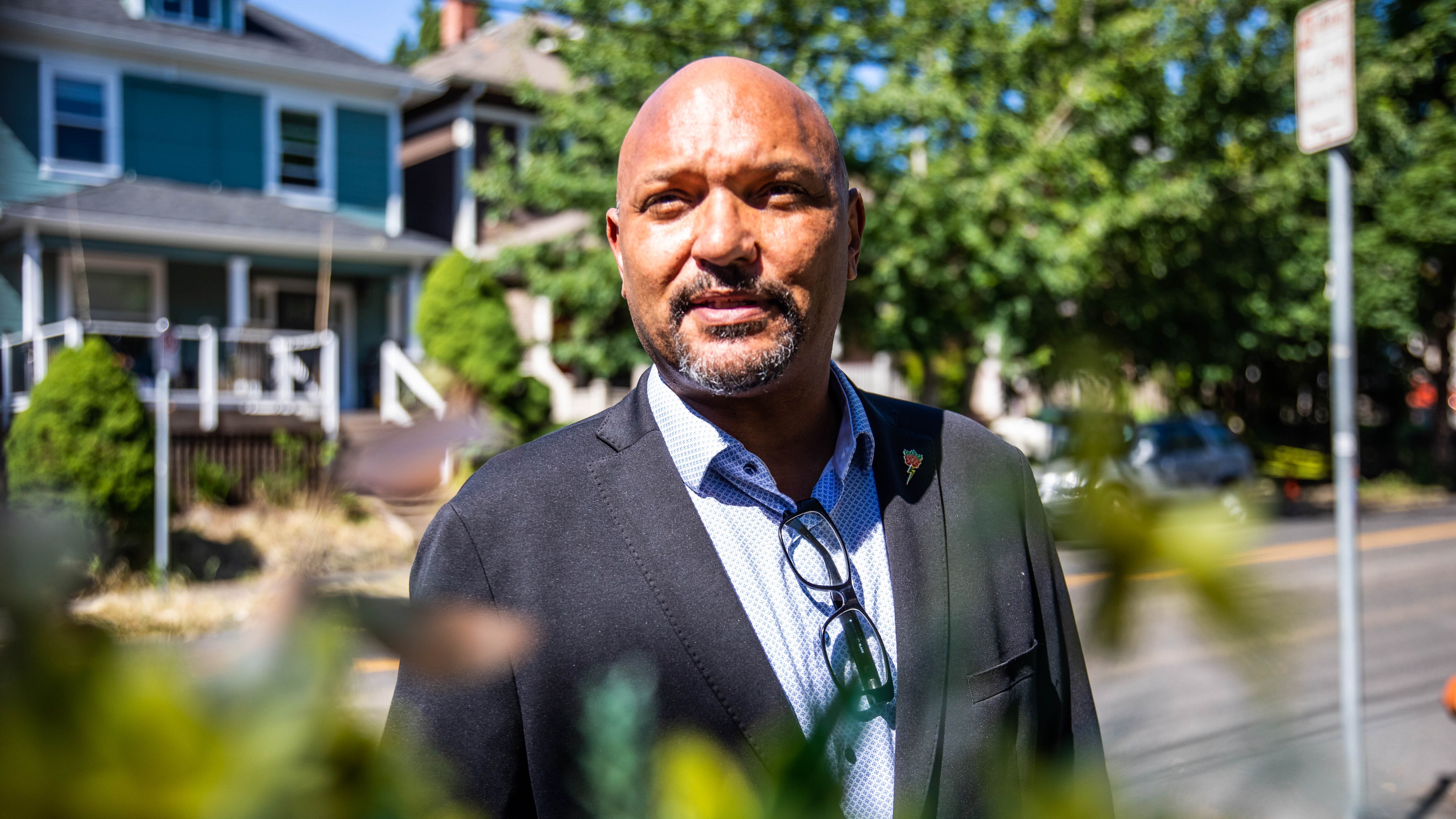Portland City Commissioner Mingus Mapps has paid a smattering of political consultants through his political action committee in recent months—a strong indication he’s running for mayor next year.
Political insiders have long suspected Mapps is eyeing the mayor’s office. Elected to the Portland City Council right after the social unrest in 2020, Mapps has carved out a reputation as pro-business and a steadfast supporter of the Portland Police Bureau. He has criticized the city’s soft approach to public camping and drug use. In perhaps his biggest splash during his time on the council, Mapps launched an unsuccessful bid last fall to kill the charter reform measure intended to overhaul Portland’s form of government—promising to put forth his own alternative measure if Portlanders voted no. They voted yes.
Since May 1, Mapps has paid three political consultants a total of $7,500. To be sure, that’s a small sum—but it points to turning gears.
Shortly after WW published this story, Mapps announced his bid publicly. “Portland’s problems are solvable, but we must have the courage to admit when policies have failed and be willing to have the courage to change,” Mapps said in an included statement. “I have the values, vision, leadership, and judgment to lead that change.”
None of Mapps’ four colleagues on the City Council, including sitting Mayor Ted Wheeler, has cut checks in recent months to political consultants, according to public campaign finance data. Wheeler has previously said he intends to run for mayor again, despite deep discontent among Portlanders about the condition of the city. Meanwhile, Commissioners Dan Ryan, Rene Gonzalez and Carmen Rubio have not ruled out a mayoral run. That means it could be a crowded race as potentially five colleagues vie for the same elected position.
Whoever is elected mayor in 2024 will be entering a role foreign to their predecessors. That’s because Portland voters last fall overwhelmingly voted for a ballot measure that will radically transform how the city and elections function. The City Council will expand to 12 members, with three elected in each of four geographical voting districts. City bureaus will be run by a city manager and will no longer be under the oversight of individual city commissioners. The mayor will not have a vote on the council, save for a tie-breaking vote.
Another clue that Mapps is eyeing the big seat: a hard-to-find website with the words “Mingus Mapps for Portland Mayor” emblazoned at the top—even as Mapps has yet to publicly announce his run.
Marnie Glickman, a longtime political consultant and Mapps’ interim campaign manager between March and May of this year, says she terminated her contract with Mapps at the end of May. She declined to say why she ended the contract. Bob Dobrich, who helped run Mapps’ campaign for city commissioner, is assisting the campaign on an interim basis.
Mapps did not immediately respond to a request for comment.
